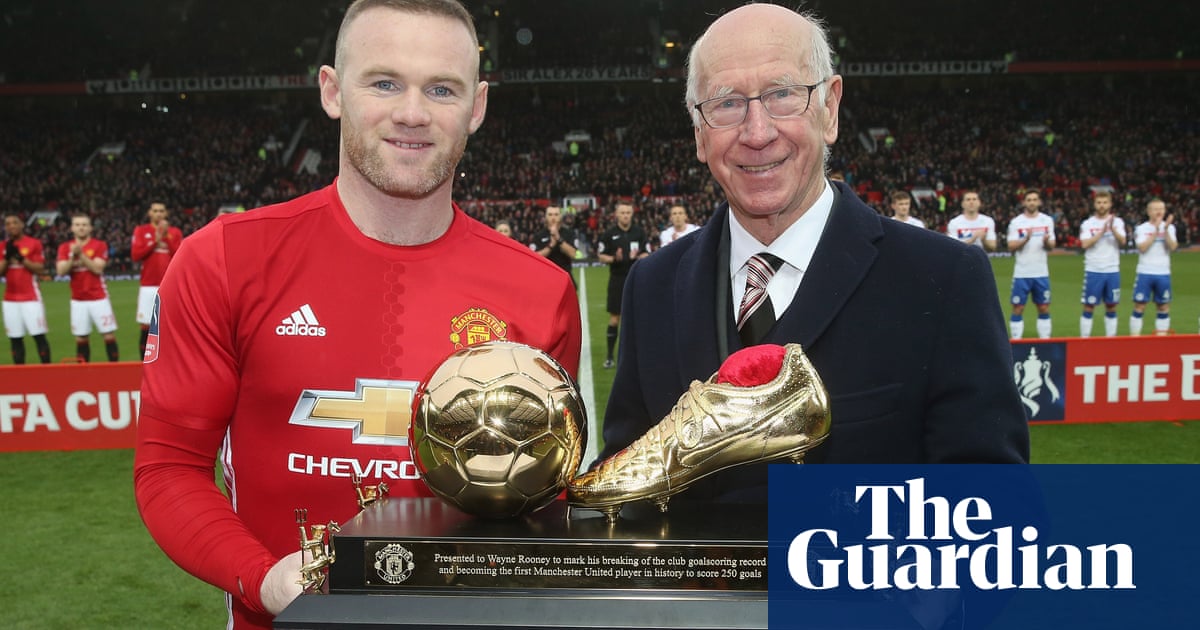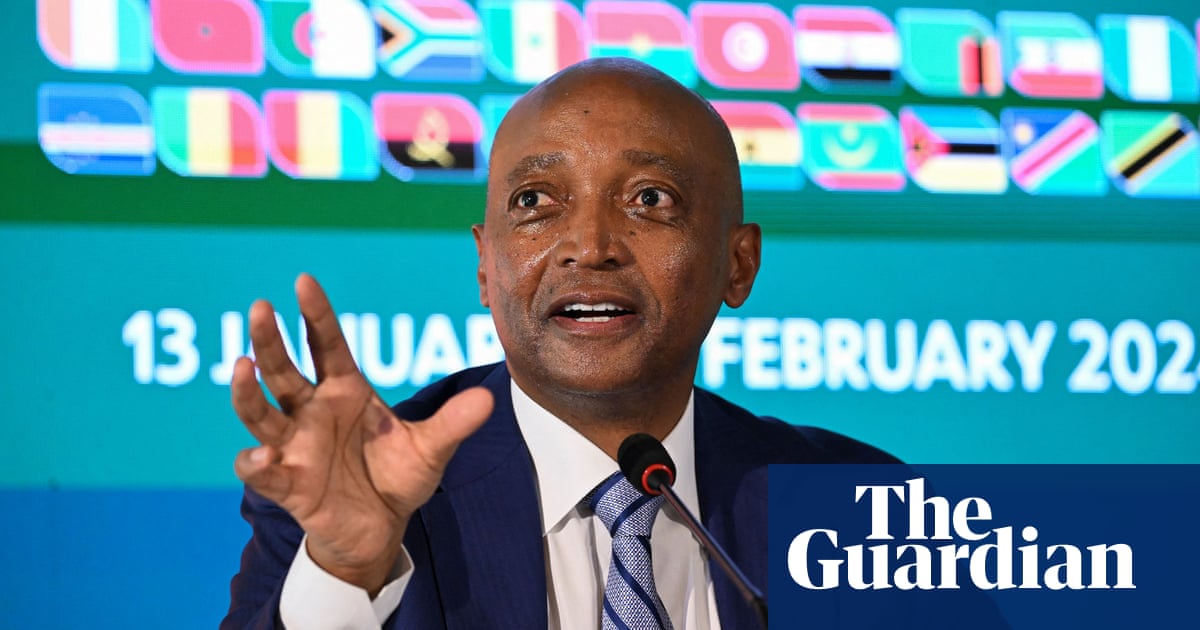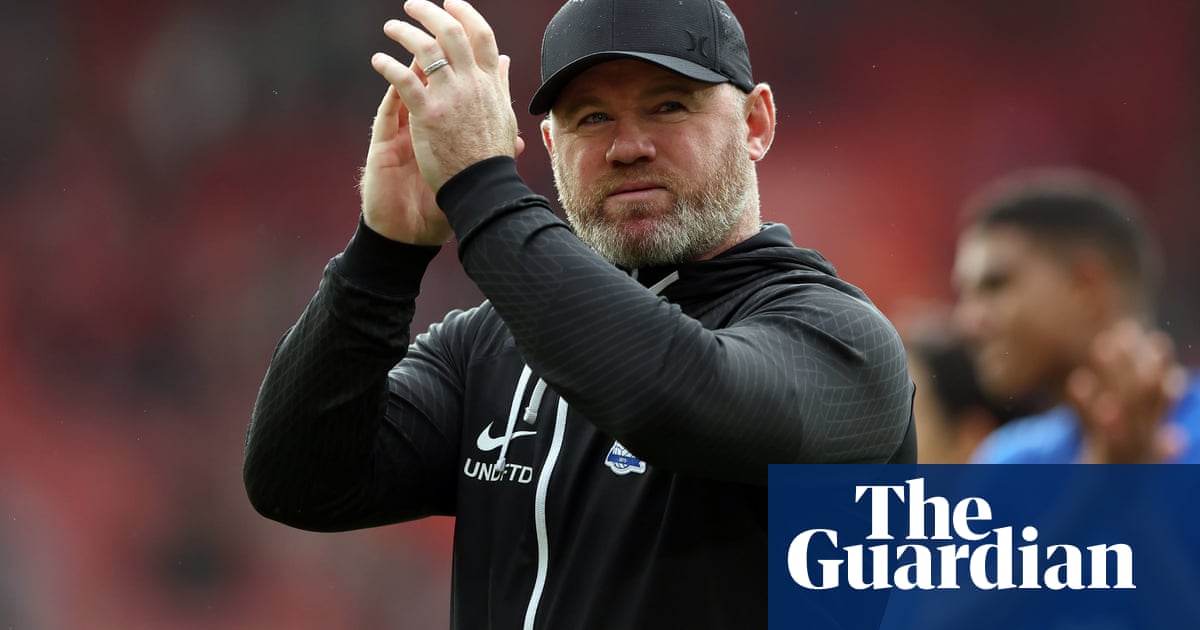
Wayne Rooney has said he misused alcohol in an effort to cope with the pressure that accompanied his rise to elite level football as a teenager.
The former England and Manchester United striker, 36, opened up about two-day “self-binges” in the early days of his career as he struggled with the exposure that accompanied becoming England’s record goalscorer after growing up on a Liverpool council estate.
“To go from that to having to deal with becoming a Premier League player at 16 and an international player was something I wasn’t prepared for,” Rooney told the Mail on Sunday before the launch of an Amazon Prime documentary about his life.
“I had never even thought about the other side of being a football player. I wasn’t prepared for that part of life. It took a long time for me to get used to that and figure out how to deal with it. It was like being thrown in somewhere where you are just not comfortable. That was tough for me,” he said.
Rooney, who appears alongside his wife, Coleen, and parents in the documentary, said his problems with drinking continued until his first son was born in 2009.
“There were times you would get a couple of days off from football and I would actually lock myself away and just drink to try to take all that away from my mind,” he said.
“It was like a binge. Normally, that’s with a group of lads but this was a self-binge … I would sit in the house and for two days I would just drink.
“People might know that I liked a drink at times or went out, but there was a lot more to it than just that. It was what was going on in my head. It was just a buildup of everything ... pressure of playing for your country, for United, some of the stuff which came out in the newspapers about my personal life, just trying to deal with all that pressure which builds up.”
Rooney said he had learned different coping mechanisms to manage his anger over the years, by sensing when an “explosion” was coming and that he “needed to sit down and talk to someone”. “Over the last 15 years, I haven’t had very many nights out. I might have had 10 nights out, but the ones I have had ... four or five of them have given people big exclusives,” he said.
It would have been impossible to share his feelings in the United dressing room at the time, he said, but players were now “more empowered” to speak about mental health issues.
“Growing up on a council estate, you would never actually go and speak to anyone. You would always find a way to deal with it yourself. It was trying to cope with it yourself rather than asking for help.”












